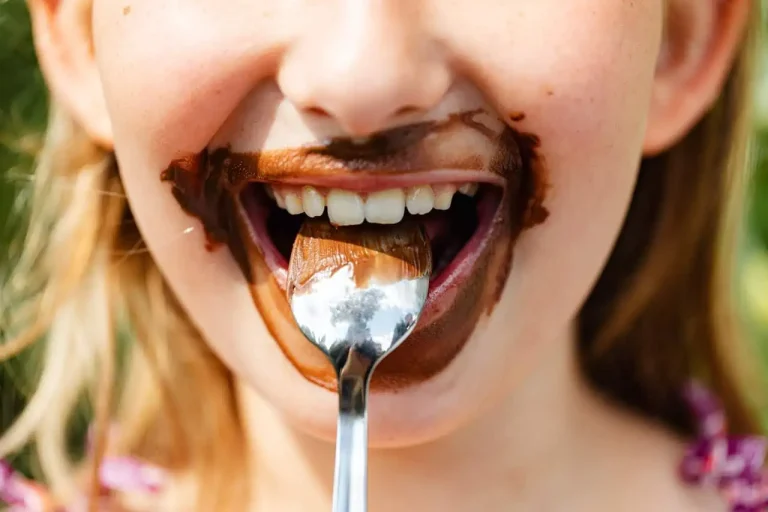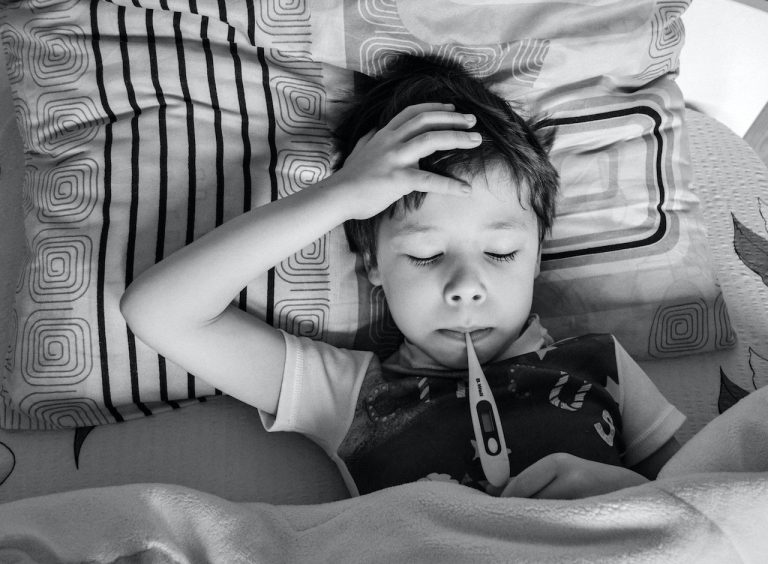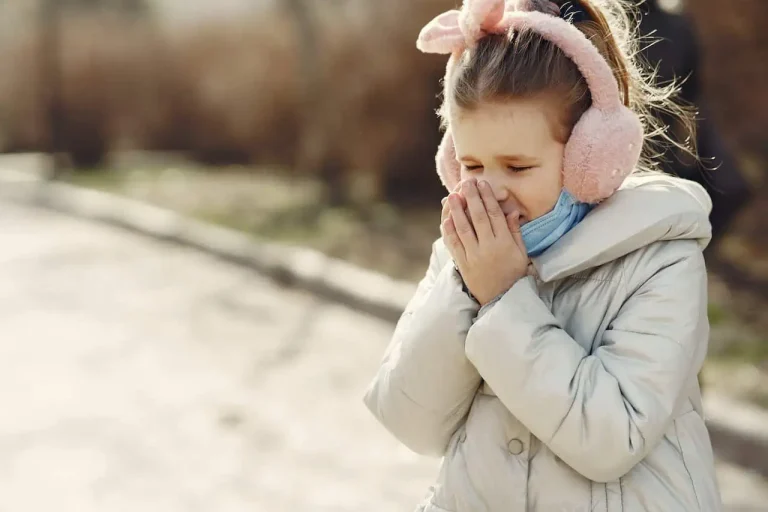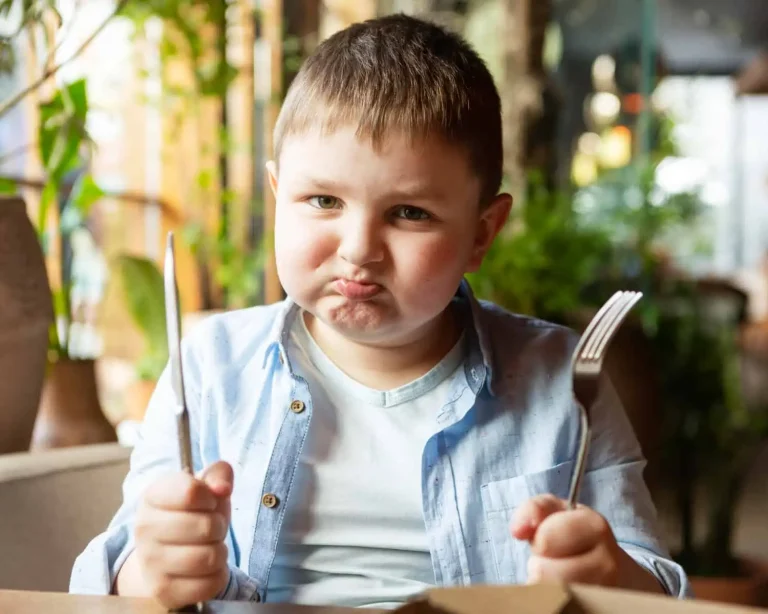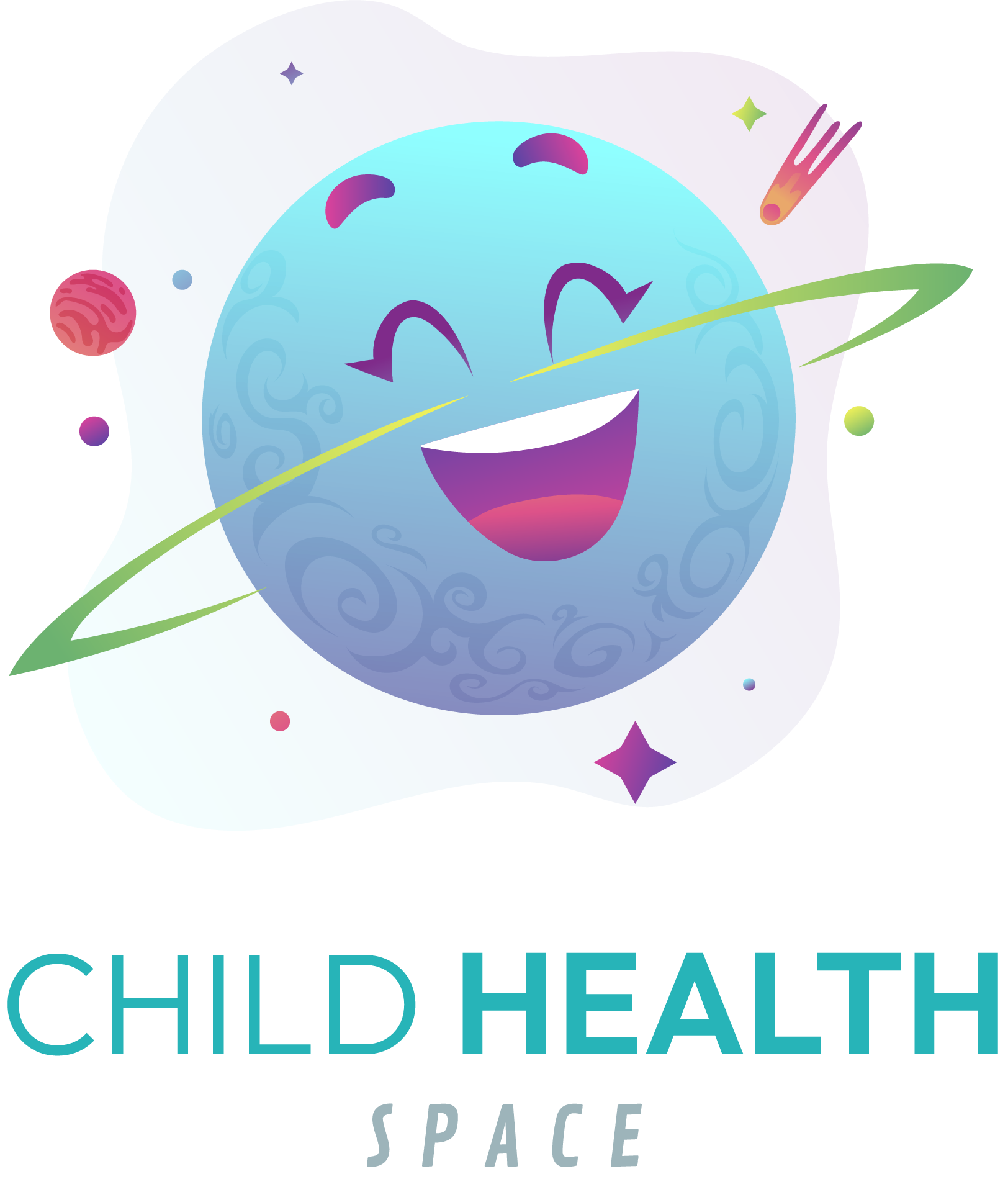
“From Baby to Big Kid: When Can Your Child Start Snacking on Popcorn and What to Look Out For!”

Table of Contents
• Introduction
• When Can Kids Start Eating Popcorn?
• Factors to Consider Before Giving Popcorn to Your Kids
• Benefits of Popcorn for Kids
• What Are the Risks of Giving Popcorn to Young Kids?
• Alternatives to Popcorn for Kids
•How Can You Make Popcorn Safe for Kids?
• Tips for Making Popcorn for Kids
• Fun Popcorn Crafts and Games for Kids
• Frequently Asked Questions (FAQs)
• Conclusion
Introduction
Popcorn is a favorite snack for kids and adults alike. It is easy to make, delicious, and perfect for movie nights or as an afternoon snack. However, as a parent, you may wonder if popcorn is safe for your child to eat, especially if they are young. In this article, we will discuss when kids can start eating popcorn, the factors to consider before giving it to them, the benefits and risks of popcorn for kids, alternatives to popcorn, and how to safely introduce popcorn to your kids.
When Can Kids Start Eating Popcorn?

The American Academy of Pediatrics recommends that popcorn should not be given to children under the age of four. This is because popcorn can be a choking hazard, and young children are more likely to choke on it. According to the National Safety Council, popcorn is one of the top choking hazards for children under the age of five.
Once your child is four years old or older, it is generally safe to give them popcorn. However, you should still take precautions to ensure that they do not choke on it. Make sure that the popcorn is properly popped, without any uncooked kernels, and cut it into small pieces if necessary.
Factors to Consider Before Giving Popcorn to Your Kids
Before giving popcorn to your kids, there are several factors that you should consider. These include:
1.Age: As mentioned above, children under the age of four should not eat popcorn due to the risk of choking.
2.Allergies: Some children may be allergic to corn or popcorn. If your child has a corn allergy or has had an allergic reaction to popcorn in the past, do not give them popcorn.
3.Dental health: Popcorn can get stuck in between teeth and cause dental issues such as cavities. Make sure your child brushes their teeth after eating popcorn.
4. Portion Size: Popcorn is a high-calorie snack, so it is important to monitor your child’s portion size.
Benefits of Popcorn for Kids
Despite the risks, popcorn can also have some benefits for kids. Some of these include:
1. Whole grain: Popcorn is a whole grain, which means it contains fiber, vitamins, and minerals.
2. Low in sugar: Unlike many other snacks, popcorn is low in sugar.
3. Easy to make: Popcorn is easy to make and can be a healthy alternative to other snack options.
4. Fun snack: Popcorn can be a fun snack for kids, especially when watching movies or playing games.

What Are the Risks of Giving Popcorn to Young Kids?
Although popcorn can be a delicious and healthy snack, it can also pose a risk to kids if not consumed carefully. Popcorn kernels can get stuck in a child’s throat, causing choking hazards. Young children under the age of four are at higher risk of choking on popcorn kernels. The sharp edges of popcorn kernels can also damage a child’s digestive system, causing discomfort and pain.
Another risk of popcorn for kids is that it is a high-fiber snack. While fiber is essential for a healthy diet, too much fiber can cause bloating, gas, and stomach cramps. Kids with digestive problems such as irritable bowel syndrome (IBS) or inflammatory bowel disease (IBD) should avoid consuming too much popcorn.
Finally, popcorn is often loaded with salt and butter, which can increase a child’s risk of developing high blood pressure, heart disease, and obesity. These conditions can lead to serious health problems later in life.
Alternatives to Popcorn for Kids:
If you’re looking for a healthy and safe snack for your kids, there are many alternatives to popcorn. Here are some ideas:
• Air-popped popcorn: Air-popped popcorn is a healthier alternative to regular popcorn because it’s lower in calories and fat. You can add flavor by sprinkling some cinnamon or cocoa powder over it.
• Rice cakes: Rice cakes are a great alternative to popcorn because they’re low in calories and easy to digest. You can add some peanut butter or honey for a sweet treat.
• Veggie chips: Veggie chips are a healthy alternative to potato chips. Most grocery stores sell them, and they come in many different flavors.
• Trail mix: Trail mix is a delicious and healthy snack that’s perfect for kids. You can make your own trail mix by combining nuts, seeds, and dried fruit.
How Can You Make Popcorn Safe for Kids?
If you want to introduce popcorn to your kids, it’s essential to do it safely. Here are some tips:
• Wait until your child is at least four years old before giving them popcorn.
• Only give your child fully popped kernels, and avoid giving them any unpropped kernels.
• Make sure your child chews each kernel thoroughly before swallowing.
• Avoid giving your child popcorn that has been flavored with salt or butter.
• Always supervise your child when they’re eating popcorn to ensure they don’t choke.
Tips for Making Popcorn for Kids
. Air Popper vs. Microwave Popcorn
• Portion Control
• Add Your Own Flavor
• Tips for Making Popcorn for Kids
• When it comes to making popcorn for kids, there are a few things to keep in mind:
• Air Popper vs. Microwave Popcorn: While microwave popcorn is convenient, air popping popcorn is a healthier option as it doesn’t contain added oils or butter.
• Portion Control: While popcorn is a healthy snack, it’s important to practice portion control. One serving of popcorn is about 3 cups, so measure accordingly.
• Add Your Own Flavor: Experiment with different seasonings and toppings to find your child’s favorite flavor combination.
Fun Popcorn Crafts and Games for Kids

• In addition to being a delicious and healthy snack option, popcorn can also be used for fun crafts and games. Here are a few ideas:
• Popcorn Art: Glue popped popcorn onto paper to create a fun and textured art project.
• Popcorn Toss: Fill a bucket with popcorn and have kids take turns tossing it into another bucket.
• Popcorn Memory Game: Fill several cups with popcorn and place an object under one cup. Have kids guess which cup the object is under.
Frequently Asked Questions (FAQs):
1. Can I give my baby popcorn?
No, it’s not safe to give popcorn to babies or young children under the age of four.
2. How much popcorn can my child eat?
It’s best to limit your child’s popcorn consumption to a small serving size.
3. Is air-popped popcorn healthier than regular popcorn?
Yes, air-popped popcorn is a healthier alternative to regular popcorn because it’s lower in calories and fat.
4. Can my child have popcorn if they have digestive problems?
Kids with digestive problems such as IBS or IBD should avoid consuming too much popcorn.
5. Is it safe to eat popcorn every day?
No, it’s not safe to eat popcorn every day because it can increase your risk of developing high blood pressure, heart disease, and obesity
Conclusion
In conclusion, popcorn is a delicious and popular snack enjoyed by people of all ages. However, when it comes to young children, there is some debate about when they can start safely consuming popcorn. The American Academy of Pediatrics recommends waiting until a child is at least 4 years old before introducing popcorn, due to the risk of choking. It is also important to make sure that popcorn is prepared in a safe manner, such as using air-popped kernels instead of oil-popped, and avoiding adding salt or other seasonings that may be too strong for young taste buds. By following these guidelines, parents can safely introduce popcorn as a snack option for their children, providing them with a fun and healthy treat to enjoy.


